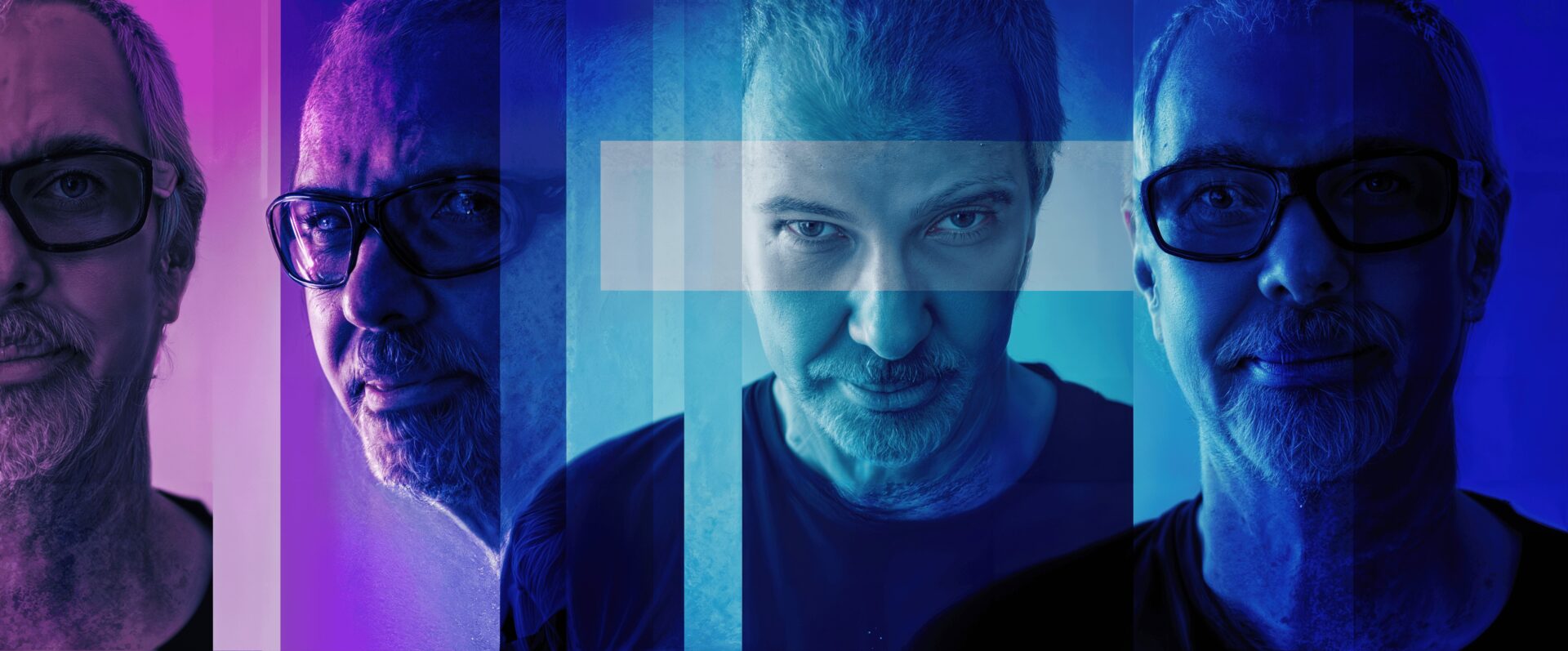We caught up with the brilliant and insightful Alexia Seba-robles a few weeks ago and have shared our conversation below.
Hi Alexia, so excited to talk about all sorts of important topics with you today. The first one we want to jump into is about being the only one in the room – for some that’s being the only person of color or the only non-native English speaker or the only non-MBA, etc Can you talk to us about how you have managed to be successful even when you were the only one in the room that looked like you?
My origin story begins with being “the only one in the room”. Like many scientists, I, too, wanted to be a scientist since I was a little girl. However, even from that early age, I could tell that there were limitations to my interest. My family didn’t have the resources to support me in the sciences outside of school, and my school was preoccupied with just keeping my peers from dropping out and turning to drugs or violence. So when I finally entered college as a physics major, I recognized my deficit right away.
I was 20 years old with my infant daughter in my arms when I registered for my first physics college courses. I was the first in my family to go to college, with zero know-how and negative money in the bank. Statistics were not on my side. Still, I was confident that I could forge a path for myself and my daughter if I persevered. To prevent myself from falling behind, I worked double time trying to make up for the prior knowledge I clearly lacked, oftentimes with a foot keeping the baby rocker going and my daughter sleeping.
As I advanced in my physics program, my peers looked less and less like me. There were no women, no members of the Latinx community, no mothers – no diversity at all. This trend continued with the faculty. By now I was pregnant with my second daughter and the people in my classes, literally all men, avoided working with me all together. The lack of support and community, especially in such a challenging field, was jarring. I was anxious, alone, and desperately seeking a community of women in science.
I took the loneliness, rejection, and anger I felt as a woman in STEM and fashioned it into a supportive and accepting space for people of any age, socioeconomic background, race, and gender identity to explore their curiosity on their terms – people that are often overlooked and undervalued, like me. A big part of my healing was becoming part of the solution and finding my strength and power in my otherness. I put all of my energy into becoming a guiding light for people who needed or wanted to learn science differently – without gatekeeping.
Throughout everything, what I learned is that my differences are my superpower. They allow me to connect and build bridges between people and communities. They allow me to detect and support a student that is struggling quietly. They allow me to anticipate the unique challenges that parents might face as they navigate their own parenthood. But my favorite part of being “the only one in the room” is being able to challenge the idea of what a scientist can look like. It helps children to see themselves as scientists. When this happens, they give themselves permission to get after it, and they certainly do.

Let’s take a small detour – maybe you can share a bit about yourself before we dive back into some of the other questions we had for you?
I am the Founder, Lead Instructor, Curriculum Developer, and general Everything-er for Urban STEAM Lab. Urban STEAM Lab is a science learning center for kids I founded in Brooklyn, NY in 2019. We run afterschool programs, camps, birthday parties, field trips, outreach, and so much more. Urban STEAM Lab has evolved from an informal science activity class to a source of community for kids and parents alike in Bay Ridge, Brooklyn. Since opening my first location in 2019, we’ve expanded with one more location in Brooklyn (2022) and another in Staten Island (2024).
The journey to creating and running Urban STEAM Lab is anything but straightforward. I think that is what makes Urban STEAM Lab so special and successful. It is perfectly imperfect. We celebrate the mess and the process and the failures of all of our ideas. We allow children to have autonomy in their creations, oftentimes for the first time. We give their ideas breathing room so they can truly explore and experiment. It is my philosophy that when learning is student led and active, students learn much more than the science facts of the day. They’re learning resilience, critical thinking, communication, and patience. These skills are transferrable and will help them in every aspect of life. Even if they don’t move on to become scientists, they will grow to become more confident leaders and lifelong learners.
I am truly so passionate about what I do that I don’t see myself opening up another location for fear of diluting the zaniness Urban STEAM Lab is known for. I see myself expanding into research in collaborations with universities and continuing to build up the community we already have for generations to come. I also hope that as Urban STEAM Lab grows I can begin to offer scholarships for teen parents and to children of teen parents.

If you had to pick three qualities that are most important to develop, which three would you say matter most?
The number one quality that I am so grateful to have is that I will always take a calculated risk. I think our fears and anxieties lead us to play it safe in many areas of our lives, but it keeps us from growing and building up our confidence in these areas. I may not win in every risk I take, but I will always learn a very valuable lesson that pays off later. When I do win, I level up. In both situations, win or lose, I am contributing to the growth of my confidence, knowledge, and strategy. I don’t play to win, I play to learn. That mindset allows me to take my business to places I could only dream of not even 5 years ago.
In my business, being an extrovert and chatterbox also has gotten me far. I enjoy learning about people so much and take their stories to heart. It charges my battery and reignites my passion for my mission. It allows me to understand and empathize with such a variety of perspectives that then informs the way I do business. I am able to think about the families that come to Urban STEAM Lab very specifically and what their needs might be.
Lastly, I would have to say work ethic. Being a business owner isn’t always glamorous. In fact, it can be a roller coaster. There will be times when you want to give up and times that you are on top of the world, and it is all normal. It is part of the ride. My work ethic has carried me through times when I didn’t think I’d be able to stick by Urban STEAM Lab. I wanted to rest and to spend time with my family and to sleep in and go on a date or play guitar. But… I muscled through. Now I can do more of all of that than anyone I know with a normal 9-5. Can I always do that? No. Sometimes it is grind time. Overall, though, I definitely feel like I can enjoy life more because I front load that hard work when it needs to get done.

Is there a particular challenge you are currently facing?
An obstacle that has been difficult to overcome recently is the rising costs of materials and wages while maintaining an affordable price for our programs. Two of my missions seem to be in direct opposition. The whole reason I started Urban STEAM Lab was to create accessible and high-quality programming to a diverse range of family types. On the other hand, it is just as important that I provide a livable wage and benefits for my team. We can only deliver high-quality programming if our team is secure and comfortable enough to let their creativity flow. It is a dance I have not quite mastered, but if I am anything, it is a problem solver.
Contact Info:
- Website: https://www.urbansteamlab.org
- Instagram: @urbansteamlab @urbansteamlab.si
- Facebook: https://www.facebook.com/urbansteamlab




Image Credits
N/A
so if you or someone you know deserves recognition please let us know here.




